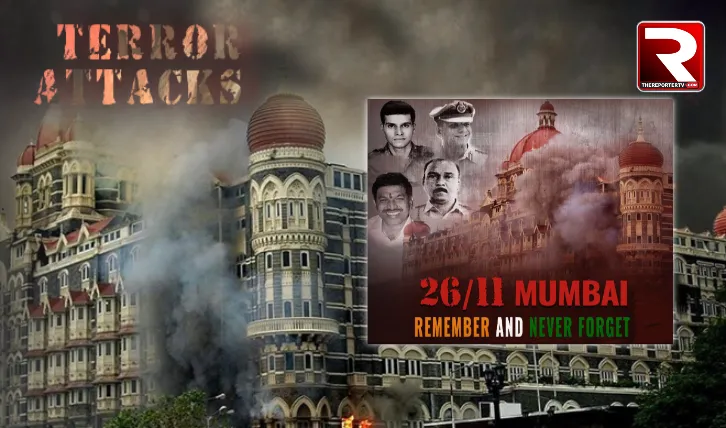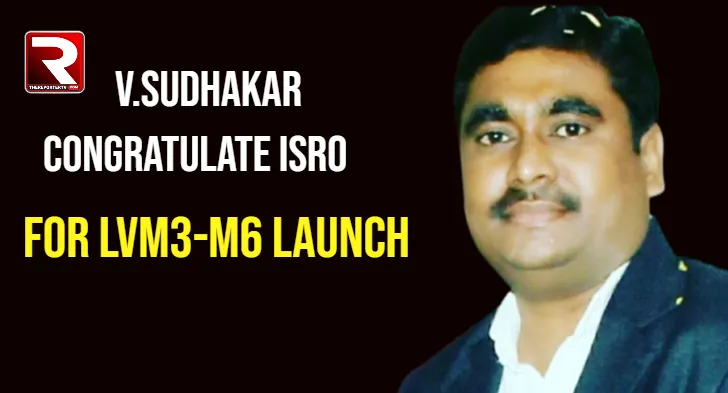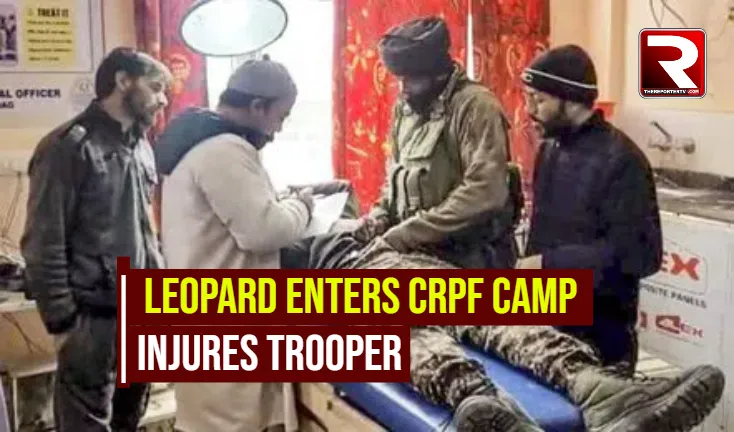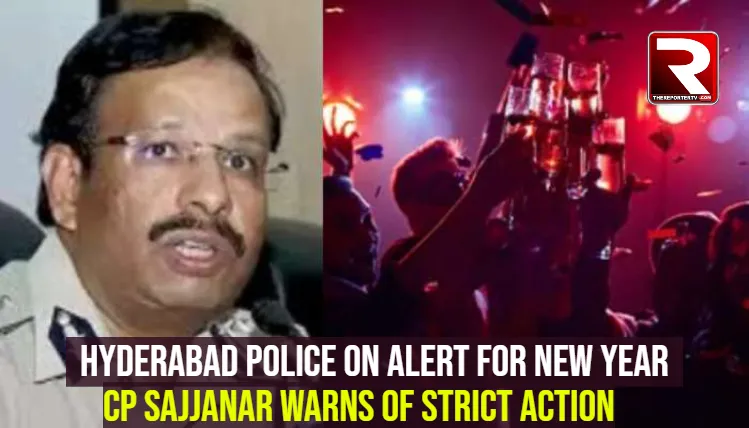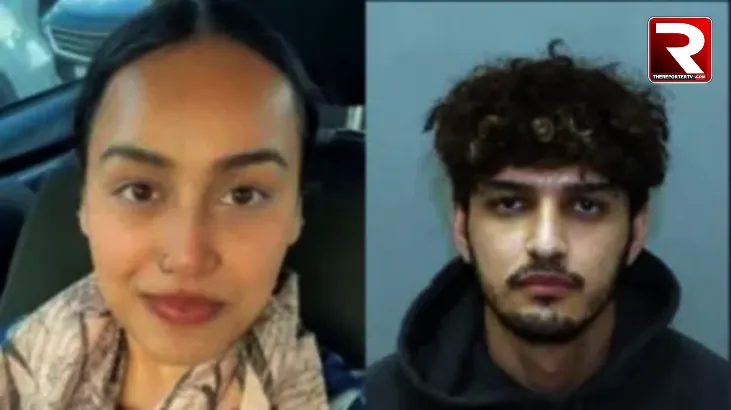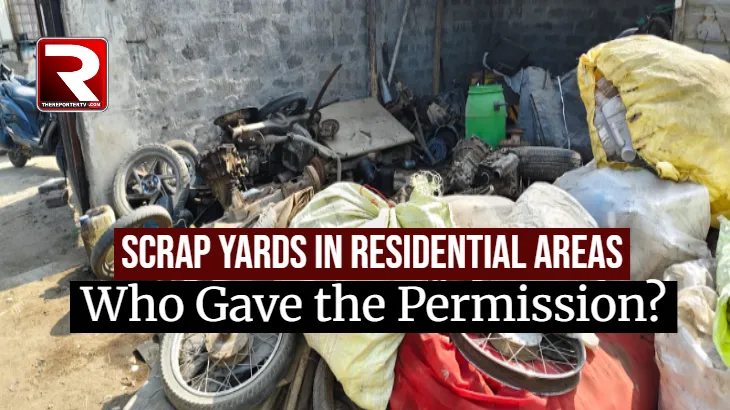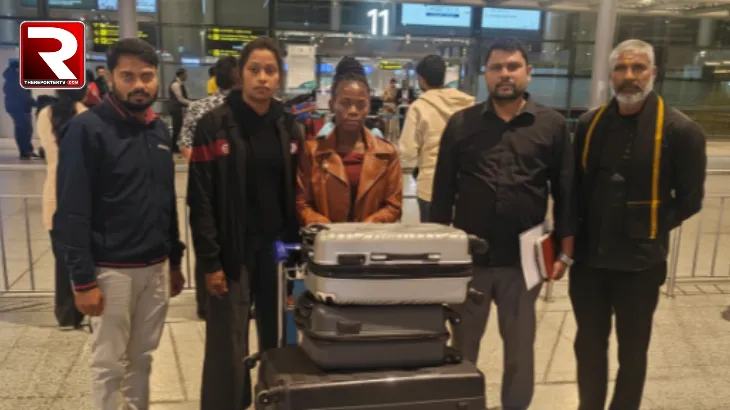New Delhi : Seventeen years ago, as flames licked the night sky above the Taj Palace in Mumbai and smoke billowed from its iconic dome, India witnessed an assault that would alter its collective memory forever. The nights of November 26 to 28, 2008, marked a ruthless chapter in global terror — and an unforgettable story of courage, resilience, and sacrifice.
Overlooking the majestic Gateway of India and the Arabian Sea, the Taj Palace — along with the nearby Trident, both owned by the Oberoi Group — became the epicentre of brutality when armed terrorists stormed the city. At the Trident, indiscriminate firing tore through the lobby, bar, and back-of-house areas. At the Taj, attackers opened fire at diners in Tiffin, the hotel’s popular contemporary restaurant, inflicting heavy casualties.
The assault continued to the Kandahar restaurant just above, where grenades were hurled and fires erupted. As panicked guests, including foreign nationals, were trapped inside, hostage situations unfolded across the property.
Amid the chaos, stories of extraordinary bravery emerged. The hotel staff — trained rigorously in fire drills and evacuation routes — became unlikely protectors. Led by individuals such as then Executive Chef Hemant Oberoi, employees shielded guests, guided them through smoke-filled corridors, and risked their lives to save at least 200 people.
Parallel acts of heroism came from India’s security forces and commandos, who entered the burning hotel, battling the terrorists room by room, and escorted dozens of hostages to safety.
The carnage at the hotels followed the first strike at Chhatrapati Shivaji Maharaj Terminus (CST), one of Mumbai’s busiest stations. Two terrorists opened fire on unsuspecting commuters, killing over 58 and injuring 104. Disappearing into the fleeing crowds, the attackers moved on to unleash terror across the city — at Leopold Café, Cama and Albless Hospital, and Nariman House. Improvised explosive devices placed in taxis at Wadibunder and Vile Parle added to the night’s horror.
By the end of the siege, all the attackers were neutralised except Ajmal Kasab, who was captured alive and later executed after due legal process. The final toll: 166 dead and more than 300 injured.
Much of Mumbai bled that night — its asphalt roads stained red, its spirit shaken but unbroken. Among the martyrs were senior police officers Hemant Karkare, Ashok Kamte, and Vijay Salaskar, who died confronting terrorists outside Cama Hospital.
One of the most poignant stories of humanity came from Nariman House, the Jewish outreach centre. Amid gunfire and explosions, Indian nanny Sandra Samuel made a split-second decision that saved a life. As terrorists stormed the building, she picked up two-year-old Moshe Holtzberg and fled, shielding the toddler from the carnage that killed his parents, Rabbi Gavriel and Rivka Holtzberg. Her courage ensured Moshe’s survival and later reunion with family in Israel.
The 26/11 attacks — planned, directed, and supported from Pakistan — left deep scars, but they also underscored a powerful truth: even in the face of terror, humanity and heroism can prevail.
As the nation remembers the fallen on this solemn anniversary, the words on posters that once lined the city’s streets echo with renewed relevance:
“Never Forget; Never Forgive.”


